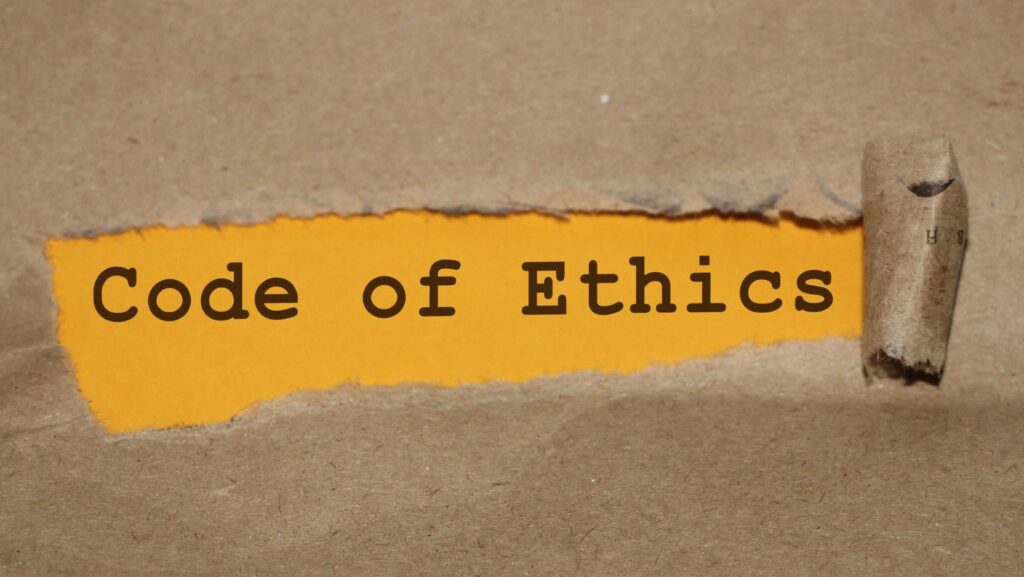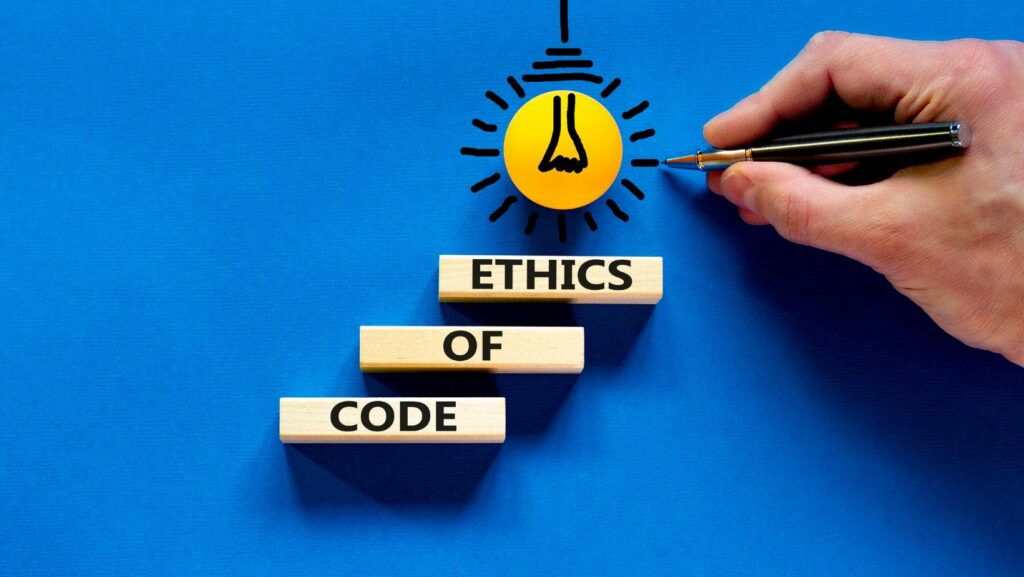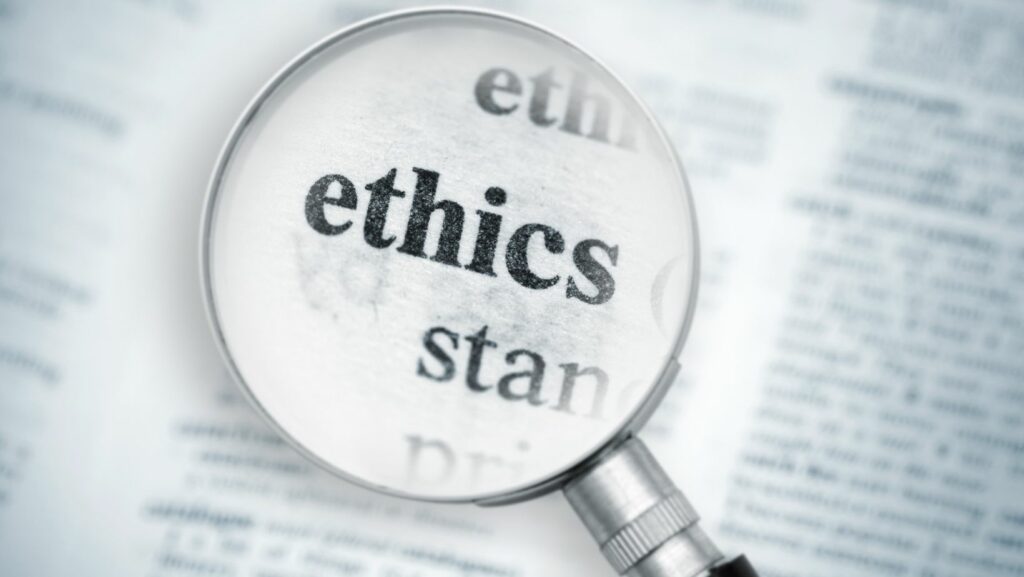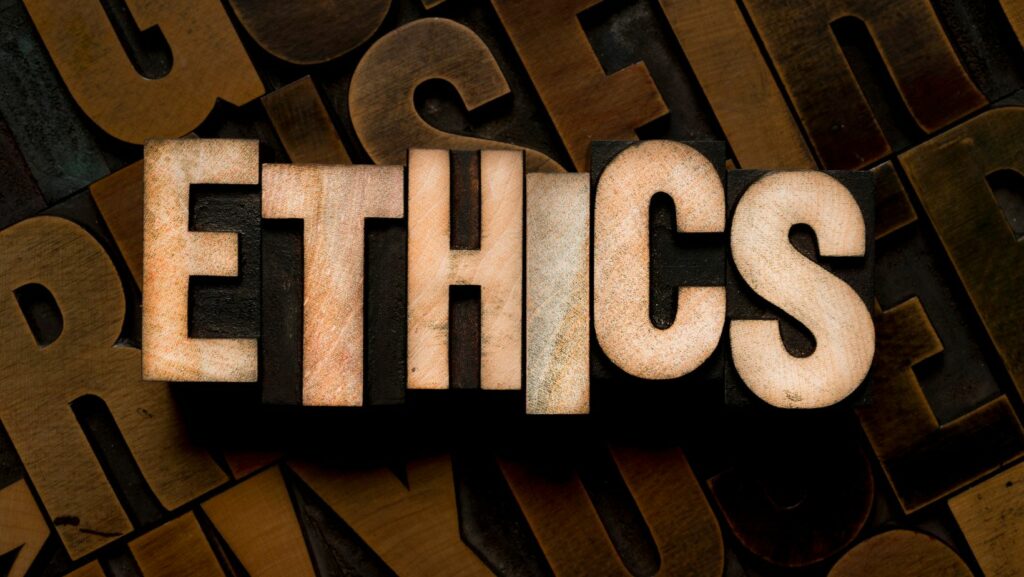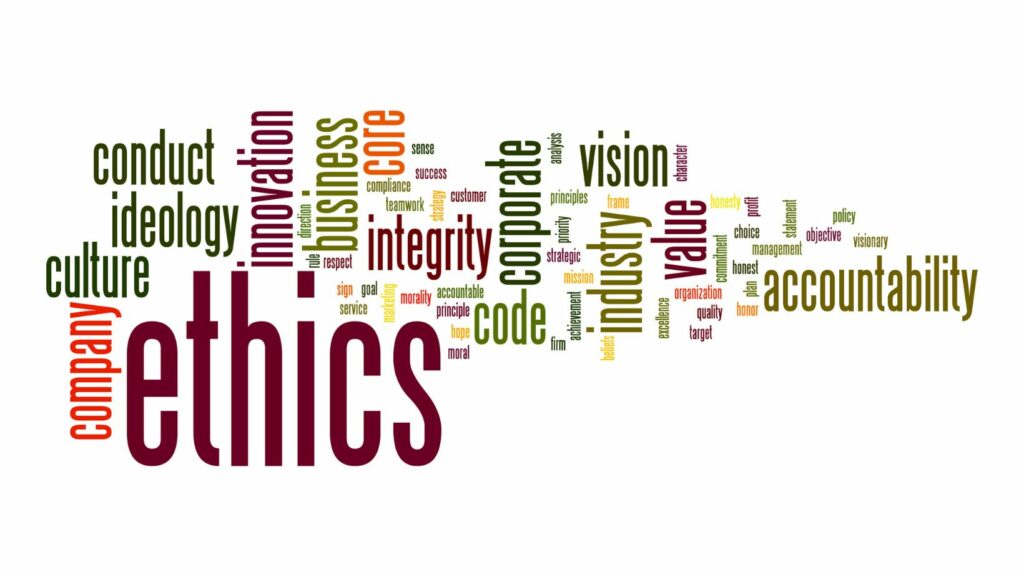Read Social Media in the Digital Age: Explore History, Ethics, and Professional Uses Free
Read Social Media in the Digital Age: History, Ethics, and Professional Uses Online Free Evolution of Social Media: Social media has transformed from personal connection platforms to influential tools affecting public opinion and professional engagement, with major platforms evolving since the late 1990s. Ethical Considerations: Users and organizations must navigate significant ethical dilemmas such as […]


